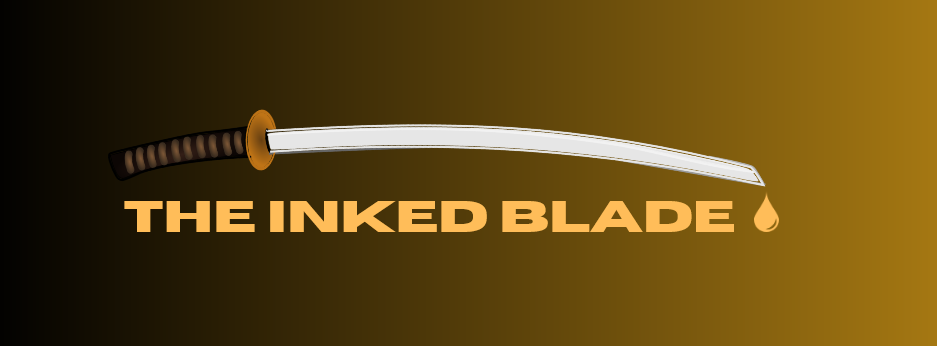Ira Glass raised a very interesting idea in an interview once. The idea of the taste gap. What it means is that we get into creative endeavors because we have good taste. We want to make good art. We know what good art looks like, feels like, reads like. But in the beginning, our skill set isn’t nearly evolved enough to produce the kind of art we like. So we practice and we expose ourselves to other people’s art. We refine our taste and we build our skills until we’re starting to produce work that we’re proud of.
And then we put this work out there. We query agents and publishers. We enter competitions or seek grants. And then, for most of us the rejections start pouring in, or, even worse, our work is met with resounding silence. The gatekeepers have judged our work not good enough or marketable enough. Not enough.
That’s when some of us get frustrated with the gatekeepers. Others get frustrated with themselves. And that’s fine, in the moment. Rejection hurts, no matter how you frame it. Acknowledge the hurt, curse to your heart’s content, and/or vent to a friend or an inanimate object. (Just make sure you don’t vent on social media or to the gatekeepers themselves. We’re professionals, not tantrum-throwing toddlers.)
The only way of moving beyond the hurt and the frustration is to get back to work. Once we can be more objective about the matter, we can ask ourselves if the rejection has anything to teach us. Might there be a valid reason for it? We need to step back and look at our own work with the eyes of a critic. A knowledgeable, benevolent critic, not the harsh “inner critic” we so often read about (or know first-hand).
In the end, there’s only one way forward. We need to keep working. To become prolific. To educate ourselves about the market, about the gatekeepers and what they’re looking for. To dissect other people’s work and suss out what made it “work”. We need to keep an open and curious mind. We need to experiment, but most of all we need to practice.
Supposedly it takes 10,000 hours of practice to become really good at anything. That’s years of hard work, but there’s more to it than just the number. If we put in the hours but never leave our comfort zone, we’ll have spent 10,000 hours running in circles. If we work smart as well as hard, if we constantly challenge ourselves and expand our repertoire and our skills, we’ll enter a spiral of escalating proficiency.
We’ll narrow and eventually close the gap between our taste and our skill.
I like to trust that that’s when success begins to happen.

